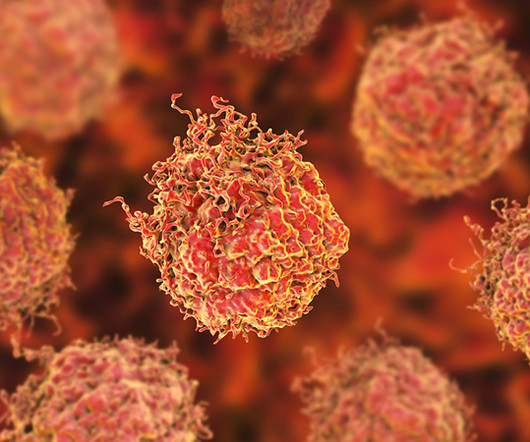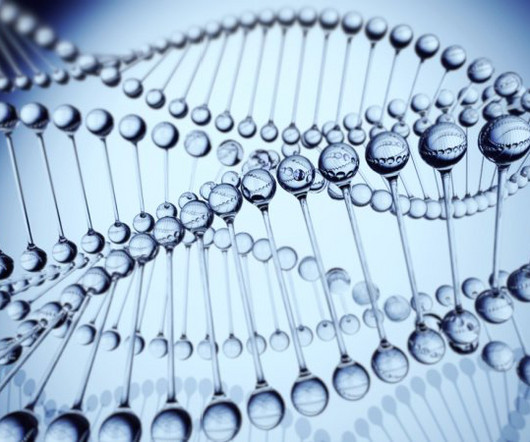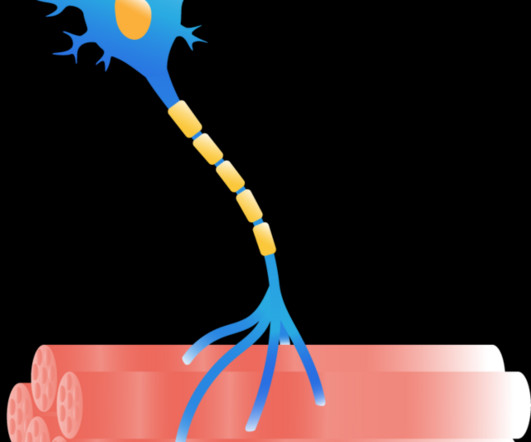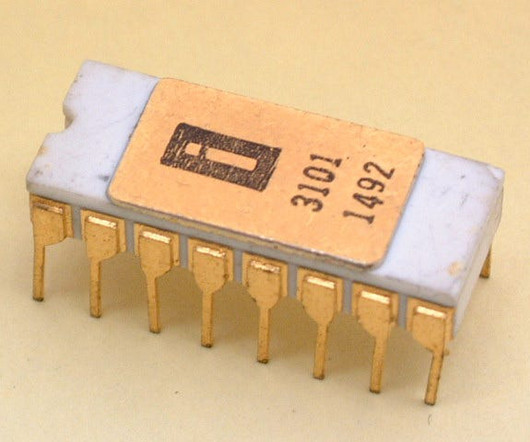Is Recent Gene Therapy Setback for Duchenne Muscular Dystrophy (DMD) Déjà vu All Over Again?
PLOS: DNA Science
OCTOBER 12, 2023
In the final chapter of my 2012 book The Forever Fix: Gene Therapy and the Boy Who Saved It , I predicted that the technology would soon expand well beyond the rare disease world. Gene therapy clearly hasn’t had a major impact on health care, offering extremely expensive treatments for a few individuals with rare diseases.

























Let's personalize your content